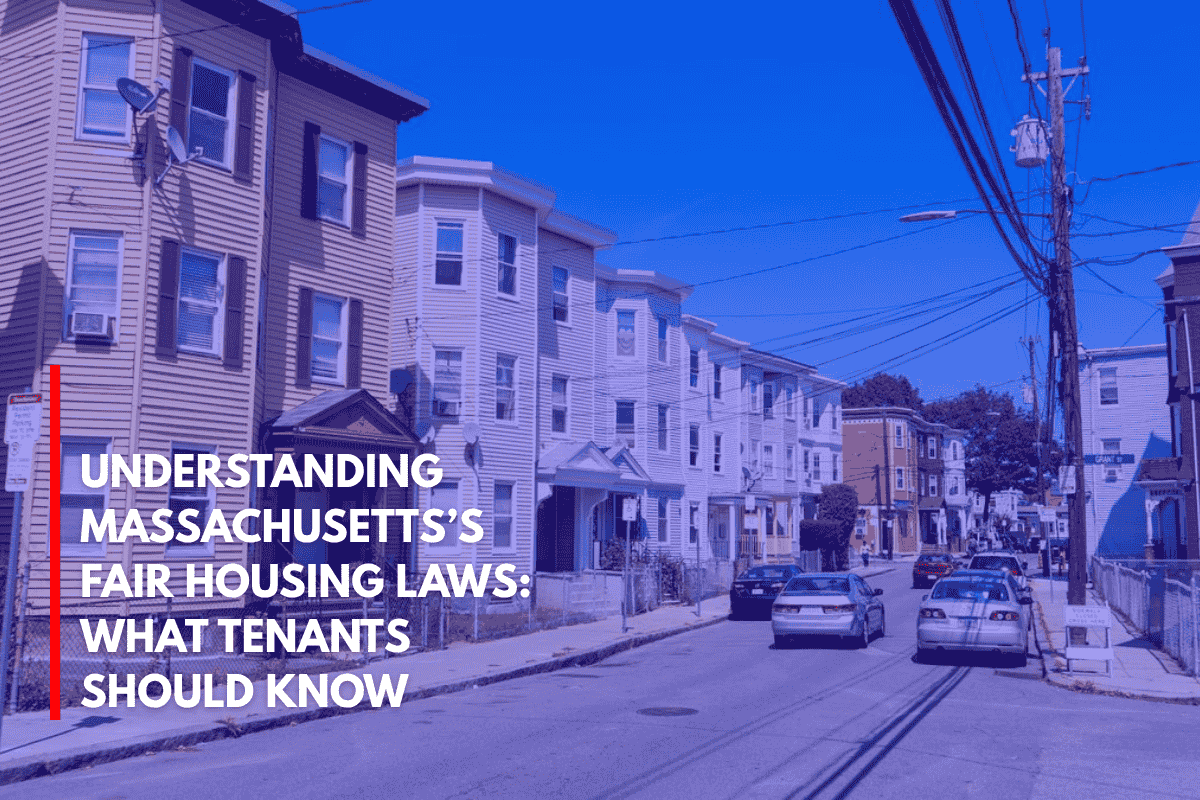Massachusetts’s fair housing laws provide robust protections for tenants, ensuring equal access to housing regardless of background, identity, or status. Here’s what tenants should know about these laws:
Protected Classes
Massachusetts law prohibits discrimination in housing based on a wide range of characteristics, including:
Race, color, national origin, and ancestry
Religion
Sex and gender identity
Sexual orientation
Age (if you are 18 or older)
Familial status (such as having children or being pregnant)
Disability (physical or mental)
Marital status
Military or veteran status
Source of income (such as Section 8 or other public assistance)
Genetic information
These protections go beyond federal law, which does not cover all these categories.
What Is Considered Discrimination?
Discrimination can take many forms, such as:
Refusing to rent or sell a property
Setting different terms or conditions for housing
Making housing unavailable
Providing different services or facilities
Harassment or inappropriate comments based on a protected trait
Refusing reasonable accommodations for disabilities
Exceptions
There are limited exceptions:
Owner-occupied buildings with two or fewer units: Federal law does not apply, but Massachusetts law may still protect you unless the landlord lives in the building and there are only two units.
Religious organizations or private clubs: May have limited exemptions for their own members, but these are narrow.
Tenant Rights and Responsibilities
Rent and Deposits: Tenants must pay rent and can be required to pay a security deposit (up to one month’s rent). Landlords must provide a “Statement of Condition” within 10 days of the tenancy starting or receiving the deposit.
Rent Increases: There is no statewide rent control, but landlords must give proper notice (typically at least 30 days for month-to-month tenancies) and cannot increase rent based on a protected characteristic.
Repairs and Access: Landlords must provide habitable housing and give reasonable notice (at least 24 hours) before entering for non-emergency repairs.
Privacy: Tenants have the right to privacy in their homes.
How to Report Discrimination
If you believe you have been discriminated against:
File a complaint with the Massachusetts Commission Against Discrimination (MCAD): Investigations can take 18–22 months.
Contact the Massachusetts Attorney General: You can file a complaint even if you are not a member of a protected class.
Reach out to local fair housing organizations or legal aid services: These can provide advice and support.
Key Takeaways
Massachusetts offers some of the strongest fair housing protections in the country, covering more categories than federal law.
Discrimination in any aspect of housing is illegal if it is based on a protected characteristic.
Tenants have the right to a safe, habitable home and fair treatment from landlords.
If you experience discrimination, you have multiple avenues to seek help and justice.
For more information or to file a complaint, visit the Massachusetts Commission Against Discrimination or the Massachusetts Attorney General’s office.
Sources:
- https://www.acton-ma.gov/DocumentCenter/View/5869/Fair-Housing-Act
- https://massfairhousing.org/housing-discrimination
- https://www.masslegalhelp.org/sites/default/files/2025-03/Handout%2007%20Discrimination%202025%20v2.pdf
- https://rentpost.com/resources/article/massachusetts-landlord-tenant-rights/











Leave a Reply